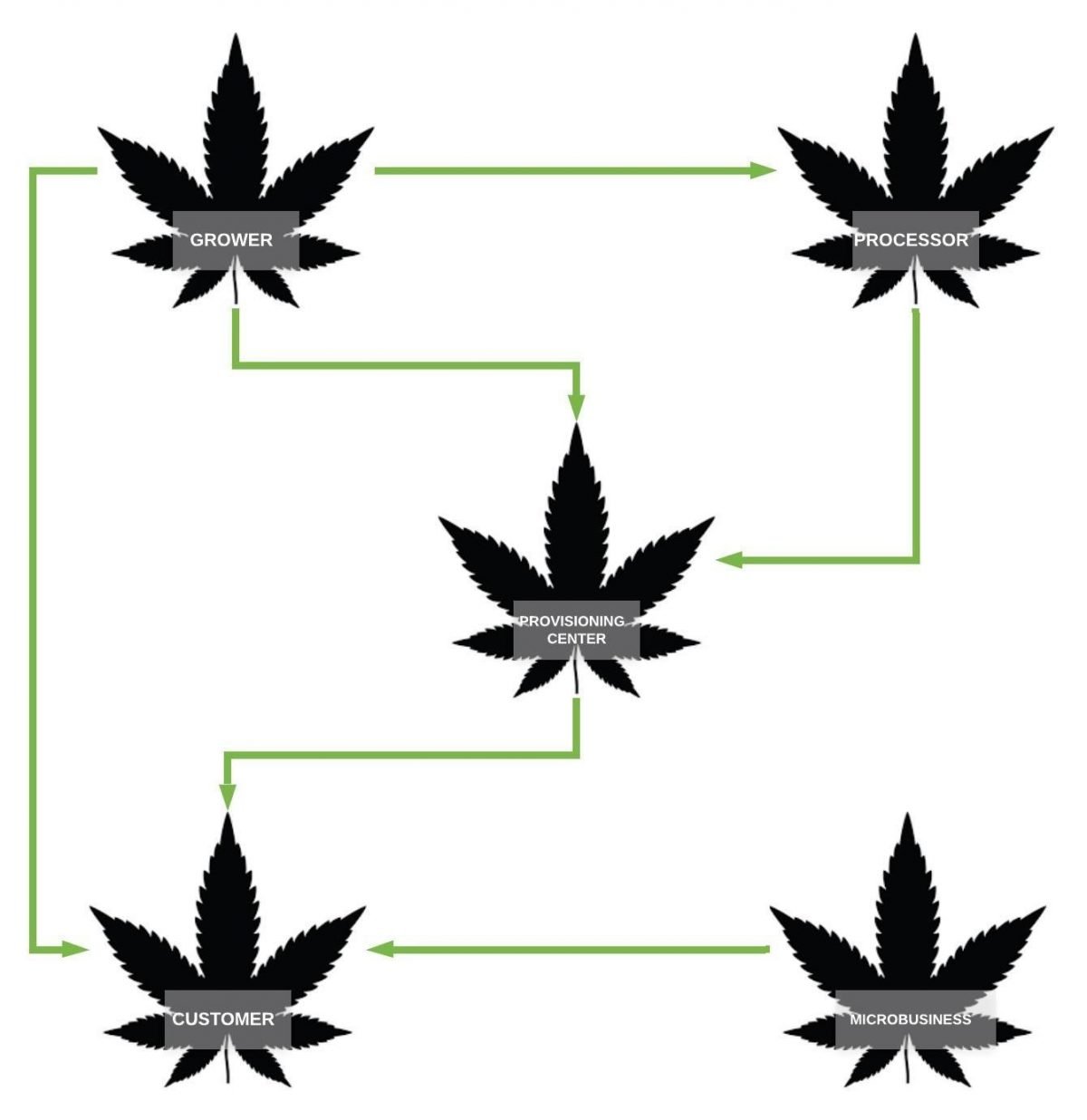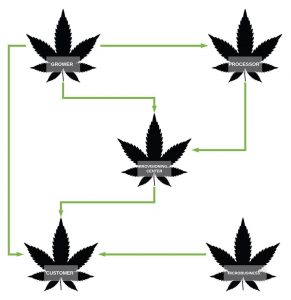Planning for Medical Marijuana & Potential Recreational Cannabis Requirements
Security is a facet of consideration of any new business, especially those within the cannabis industry. Marijuana is currently purchased almost exclusively with cash, and has a high resale market value through illegal means. For these reasons, significant safeguards must be established to protect product and profit.
Key Considerations for Missouri Cannabis Facilities & Retail Dispensaries
- Develop Protocols to Deter Diversion & Crime
- Maintain Compliance with reporting sales, diversion & evidence for law enforcement
- CPTED (crime prevention through environmental design)
- Exterior Security Protocols
- Interior Security Protocols
- Plans for Security Cameras, Intelligent Video Surveillance
- Prevention of Theft of Product & Cash
- And many more.
This would lead an entrepreneur to infer that state regulations regarding security provisions for marijuana facilities would be explicit and detailed, but the contrary is true for Missouri. The legislation is vague in regards to physical security, and there is no detailed protocol for construction or building security requirements. It could be inferred that this is due to the illegal status of the product at the federal level. If (when) cannabis is legalized at a national level, states would need to revise legislation, guidelines, forms, administrative materials, protocols for diversion, etc. to meet these federal demands upon implementation. If a state does not address these provisions specifically, the legislation will be easier to amend when the time comes.
Facilities shall install and maintain security equipment designed to prevent unauthorized entrance into limited access areas and to prevent diversion and inversion of medical marijuana: 2019 MO Regulation Text 25597
Within the facility application, a business must describe verbally what measures to be implemented. At the schematic planning and architectural programming phases, this plan is vital to long term business success. Attachments/visuals are not accepted. The assistance of a security expert is incredibly beneficial within the preparation of this portion of the application. The cannabis facility security plan developed within the application MUST be adhered to after the issuance of a license (unless otherwise authorized by the Missouri Department of Health and Senior Services). Veering from the original plan would cause numerous delays and potentially incur fines and or financial consequences.
Luckily, there are industry experts that have experience with securing product on par with federal regulations. If stringent guidelines are imposed at the point of planning, the likelihood of changes needed afterwards is much lower. By using federal guidelines in place for the storage and handling of highly regulated products, a business owner can rest assured that they will meet or exceed federal guidelines when they are established.
4 Factors to Success for Marijuana Business in Missouri
- Proper Planning – Business Strategy & Security Plans / Safety Plans
- Maintain Compliance with State Laws & Regulations
- Optimize Business Operations for growing revenue
- Continual Improvement
Consulting and Planning for Missouri Cannabis Facilities
At KL Security we utilize the Total Harvest Coverage™ methodology for security plans as well as cannabis business operation improvements. With successful projects in facilities in multiple states we help leaders in the cannabis industry drive revenue and stay compliant with state laws.
- Developing Protocols for Business Operations
- Integration of Video Surveillance, SSPOS and Cannabis Software
- Cash Management Process
- Monitoring and tracking of plants, products and closing the loop at point of sale
- Schematic Design & Development from Architectural Planning through Construction
We work with leading architects, interior designers and construction management firms to ensure projects are completed from start to finish. With an established track record of completed facility designs, we set the standard for growing, cultivation and retail dispensary for medical and recreational marijuana plans, layouts and project management.
Information has been gathered from sources deemed reliable but not guaranteed and is subject to change without notice. Legislation referenced within this article: 19 CSR 30-95.040















